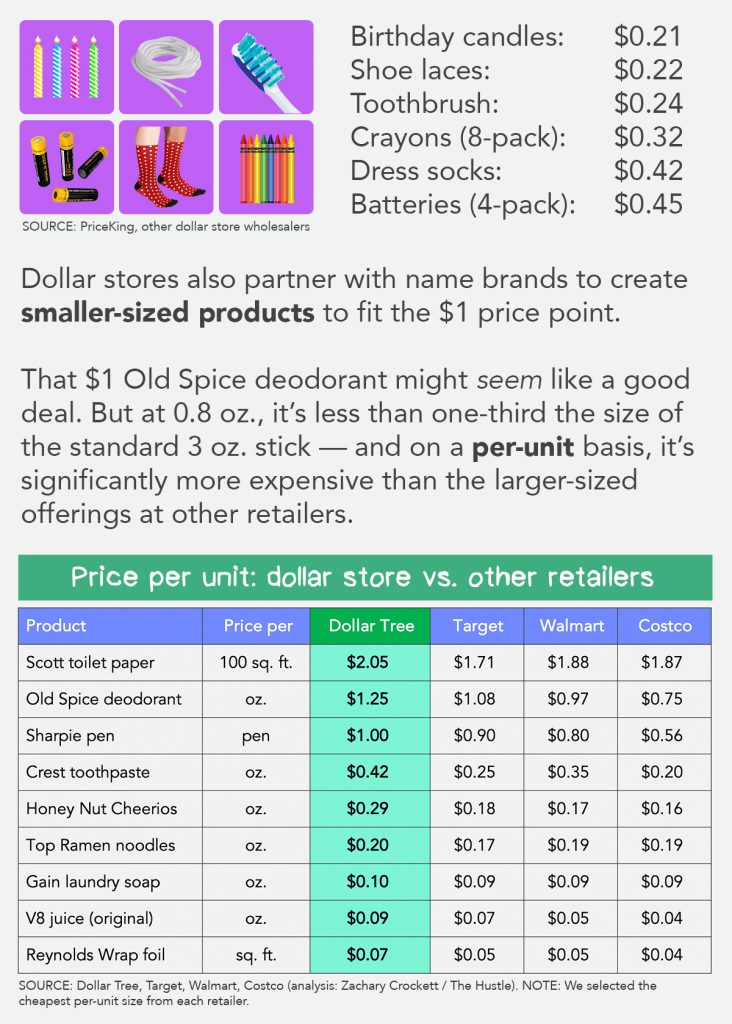Friday in Whitewater will be partly sunny with a high of 88. Sunrise is 6:53 AM and sunset 6:34 PM for 11h 41m 25s of daytime. The moon is a waning crescent with 27.2% of its visible disk illuminated.
On this day in 1941, Walt Disney World opens near Orlando, Florida.
Whitewater may one day — perhaps soon — have a dollar store. Private retailers should come into the city as they wish, with the fewest restrictions (or enticements) possible. If people want to shop at a dollar store, they should be free to do so; it’s up to a private business owner to gauge whether there is enough demand in Whitewater to support a new establishment.
The type of business a community can attract will, however, say much about the economic strength of a community. (As will the types of businesses a community can attract will also say much about the quality of past ‘development’ efforts of officials and business people who advocate government intervention and manipulation of the marketplace. See Gas Stations, Fast Food, and What the Market Will Bear.)
While people should decide freely where they shop, dollar stores in a community are a sign of weak economic conditions (and the failure of self-described ‘development’ men to bring better despite their boosterism).
Natasha Frost writes Why dollar stores are replacing supermarkets in low-income neighborhoods:
One by one, dollar stores have replaced full-service grocery stores in some of the US’s most impoverished neighborhoods, sometimes receiving tax incentives to do so. In the poorest areas of North Tulsa, Oklahoma, for instance, there are dozens of dollar stores, but not a single full-service grocery store. Despite local legislation to curb their growth in states including Texas, Louisiana, and Oklahoma, their expansion shows no sign of stopping. While some are corporately owned, many are franchised. Liberty Opportunities, which brokers these franchises arrangements, promotes them as a good investment even in times of scarcity: “During the recession, dollar stores continued to stay strong and achieve profits.”
For these franchisees, the economics mean it makes perfect sense to open a dollar store rather than a grocery store: Without stocking perishables such as meat, fruit, or vegetables, managers can avoid leaving a margin for spoilt produce, refrigeration costs, or other issues of stock management.
But these are hardly neighborhood assets. They plunge residents into food insecurity by obliging them to furnish their diet with comparatively expensive, unhealthy options and further trapping them in cycles of poverty and ill-health. African-American residents, the elderly, and those on fixed incomes are a particular target—and those with the fewest alternative options.
It’s bad for the community in other ways, too: The corporate policies of dollar stores often limit how much they can support the community and its sports teams or faith-based organizations, compared to grocery stores. What’s more, they employ as much as 50% fewer staff than grocers, in jobs with few transferable skills and pay as little as legally possible (and sometimes even less than that).
Zachary Crockett explains The economics of dollar stores:
Alec MacGillis writes The True Cost of Dollar Stores:
Because dollar stores are heavily concentrated in poor towns and neighborhoods, many middle- and upper-middle-class consumers are unaware of their ubiquity—or of the frequency of armed robberies and shootings. In 2017, the manager of a Dollar General in Baltimore, where I live, was shot and killed as he was closing up. But I discovered the pervasiveness of the problem while reporting elsewhere. In Dayton, Ohio, I got to know Jimmy Donald, who was working for a heating and air-conditioning contractor while trying to start an organization to help ex-felons and others with troubled backgrounds, a category that included himself. Donald, who is thirty-eight, served in the Marines in Iraq. He then spent four years in prison, after being involved in the beating death of a man outside a Michigan bar, in 2004. He lived on the west side of Dayton, which is predominantly black; as the area has lost several grocery stores, the dollar-store chains have proliferated.
This correlation is not a coincidence, according to a 2018 research brief by the Institute for Local Self-Reliance, which advocates for small businesses. The stores undercut traditional grocery stores by having few employees, often only three per store, and paying them little. “While dollar stores sometimes fill a need in cash-strapped communities, growing evidence suggests these stores are not merely a byproduct of economic distress,” the brief reported. “They’re a cause of it.”
The arrival of a dollar store is like the presence abandoned cars by the side of the road: it’s a bad sign.


